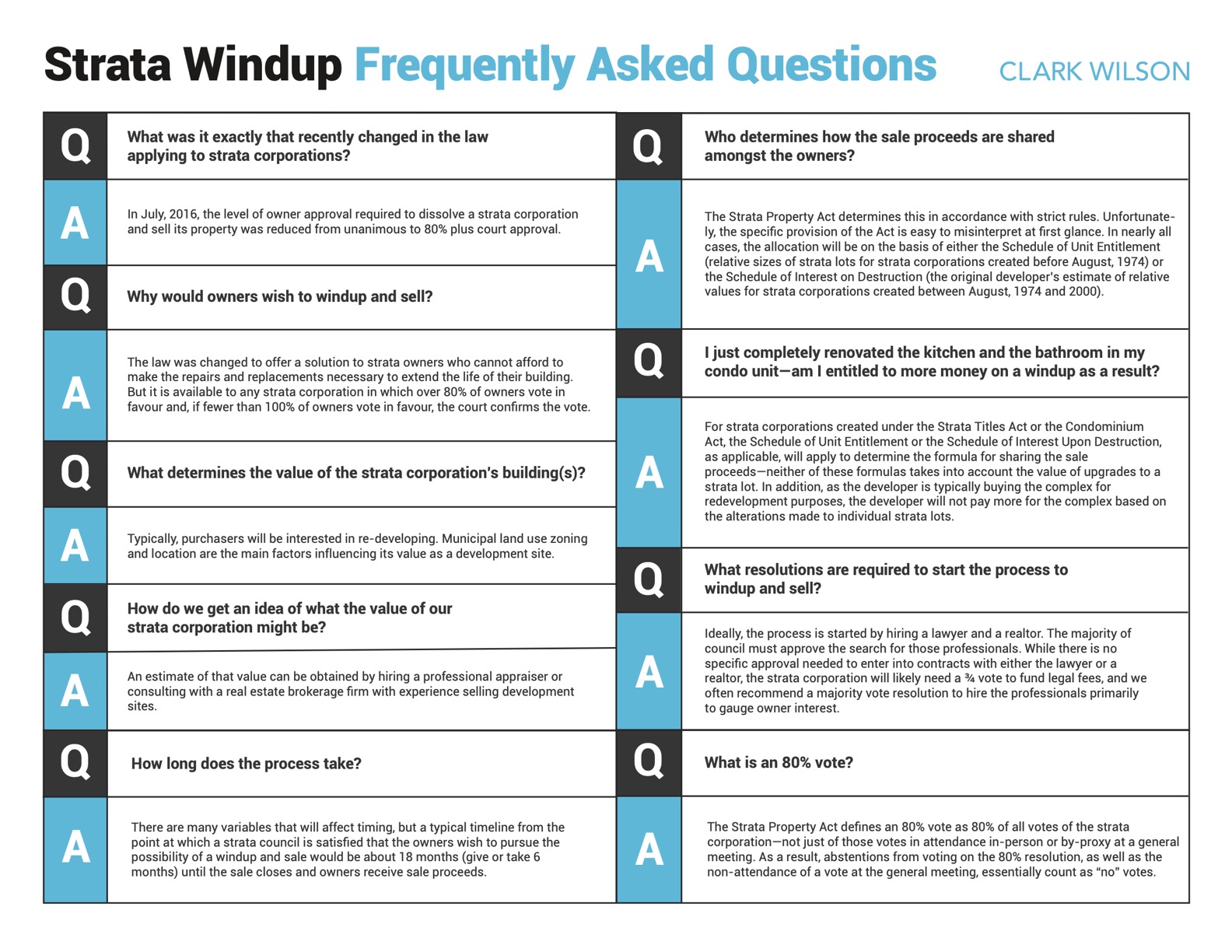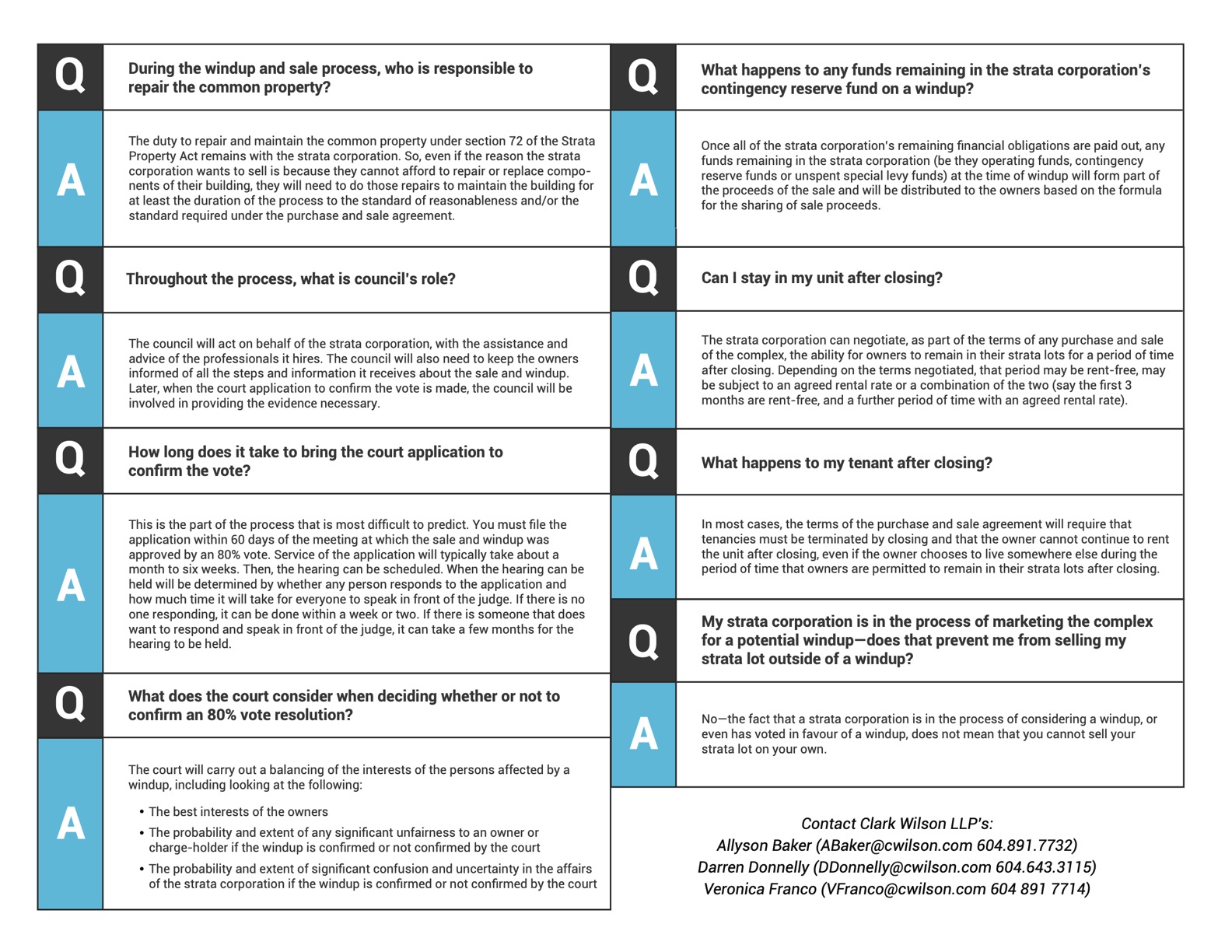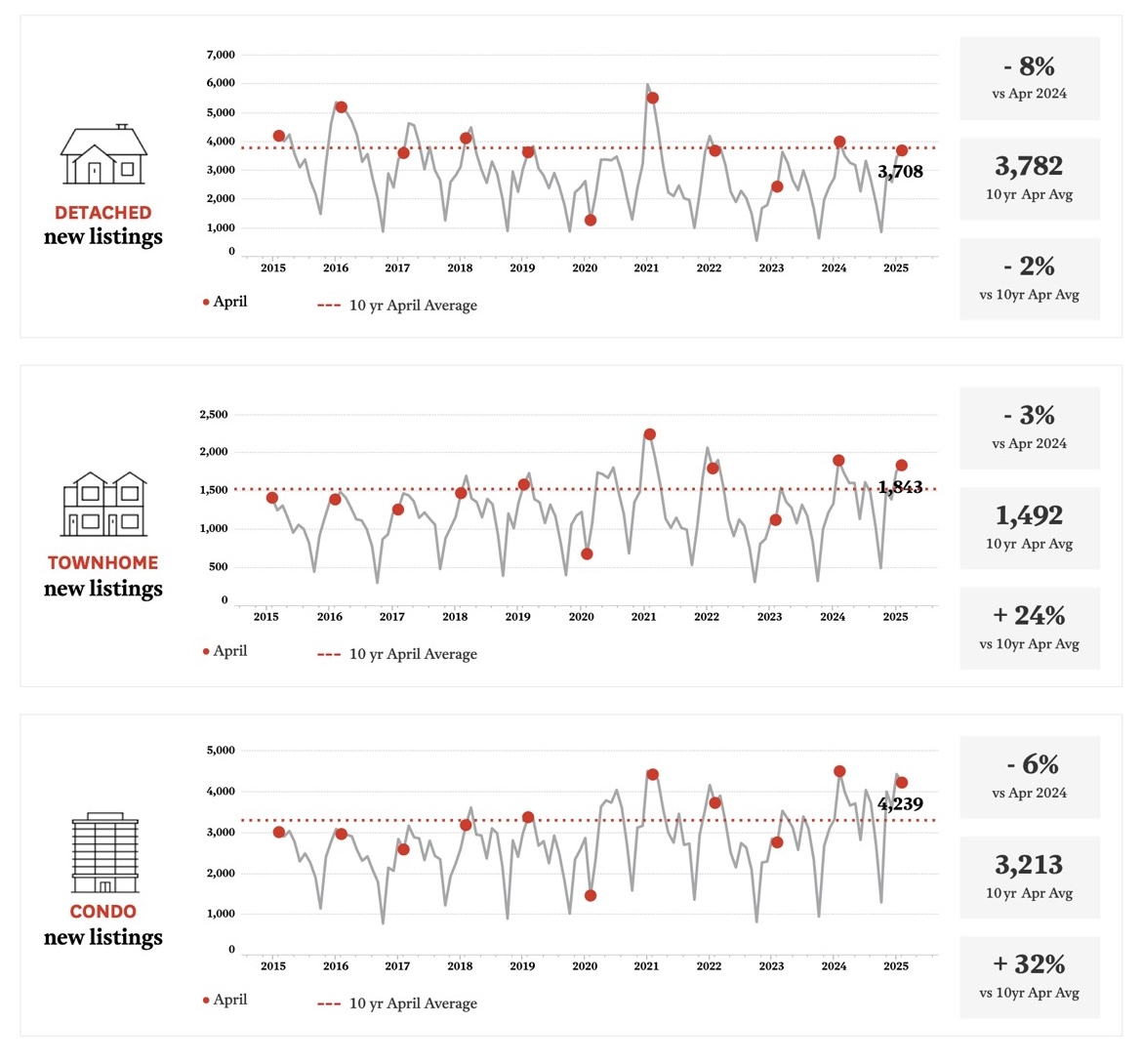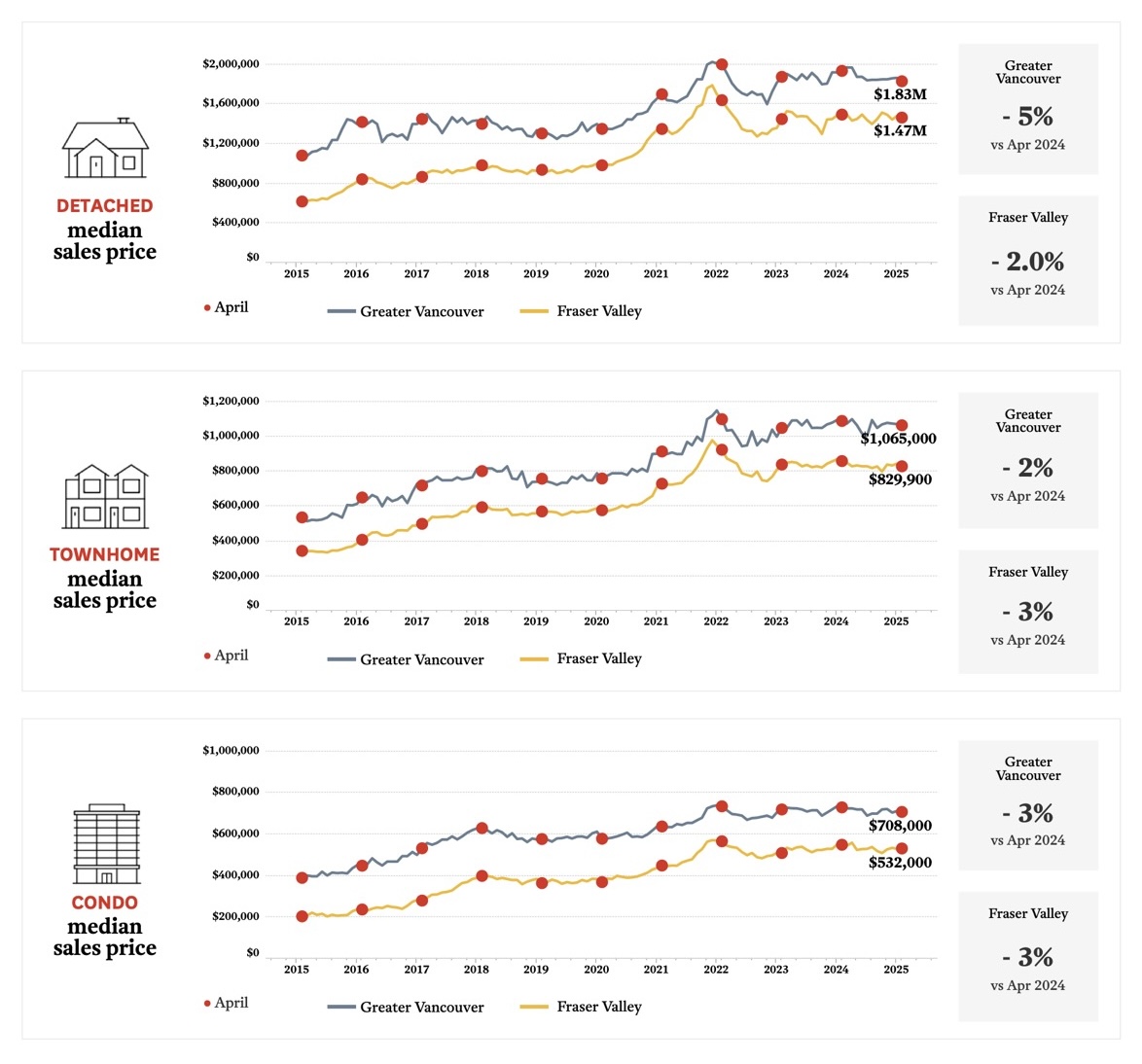Buying a home is a big commitment and often the largest purchase most people will ever make. For homebuyers in British Columbia (BC), understanding the taxes involved can feel overwhelming. The Goods and Services Tax (GST) and Property Transfer Tax (PTT) are two key taxes that every buyer should know about. This blog post aims to clarify when these taxes apply, what exemptions exist, and how they impact homebuyers in BC as of 2025.
What is GST and When is it Applicable?
The Goods and Services Tax (GST) is a 5% value-added tax that applies to most goods and services sold in Canada, including homes.
GST generally becomes due when you're buying a new home or a significantly renovated residential property. For example, if you're buying a newly built condo or a house that has been completely upgraded, expect to pay GST on that purchase. On the other hand, used residential properties are not subject to GST. If you're considering a resale home, knowing this difference can save you money, as you won't have to factor in additional tax costs.
What is PTT and When is it Required?
Property Transfer Tax (PTT) is a tax that buyers in BC need to be aware of. The PTT is calculated on the fair market value of the property being sold, with the following rates effective in 2025:
1% on the first $200,000 of the property’s value
2% on the portion from $200,001 to $2,000,000
3% on the portion over $2,000,000
An additional 2% on the portion over $3,000,000 for residential properties
So, for a $1 million home, the total PTT would be $18,000—a significant saving if the exemption applies.For example, if you're purchasing a home for $1,000,000, your PTT would be calculated as follows:
1% on the first $200,000 = $2,000
2% on the next $800,000 (from $200,001 to $1,000,000) = $16,000
Total PTT = $18,000
PTT must be paid at the time of property transfer, meaning you’ll need to budget for this expense before the title changes hands.
Property Transfer Tax (PTT) Exemption for Newly Built Homes
In British Columbia, the Property Transfer Tax (PTT) is a tax paid by homebuyers when they purchase or gain an interest in a property. However, there are certain exemptions available, one of the most significant being for newly built homes. Here's an overview of how the Newly Built Home Exemption works:
What Is the Newly Built Home Exemption?
The Newly Built Home Exemption allows qualifying buyers to avoid paying the property transfer tax on a newly constructed or substantially renovated home, provided certain conditions are met.
Eligibility Criteria
To qualify for the exemption:
Fair Market Value:
The home must have a fair market value of $1,100,000 or less for full exemption.
Partial exemptions are available for homes valued between $1,100,000 and $1,150,000.
Primary Residence Requirement:
Individual Buyer:
Newly built home exemption
The newly built home exemption reduces or eliminates the property transfer tax on qualifying purchases of a principal residence.
Full exemption: Effective April 1, 2024, the fair market value threshold for a full exemption for newly built homes is increased from $750,000 to $1,100,000.
Partial exemption: A partial exemption is also available for properties with fair market values just above the threshold. The phase out range is $50,000 above the threshold, with the complete elimination of the exemption at $1,150,000 for qualifying purchasers.
Definition of a newly built home
A newly built home includes:
A house constructed and affixed on a parcel of vacant land
A new apartment in a newly built condominium building
A manufactured home that is placed and affixed on a parcel of vacant land
An already constructed house that is removed from one parcel of land and affixed to another parcel of vacant land, as long as the house has not been occupied since it was placed on the new parcel of vacant land
A house resulting from the division of an existing improvement affixed to a parcel of land that was also subdivided, as long as this house has not been occupied since the subdivision of the parcel
A house converted from an existing improvement on the land. The previous improvement could not have been used as residential (e.g. a warehouse converted into apartments)
If you qualify for the exemption, you may be eligible for either a full or partial exemption from the tax.
If you paid property transfer tax when you purchased vacant land and you now have a newly built home on the land, you may be eligible for a refund of the property transfer tax you paid.
Do I qualify?
To qualify,
The property (land and improvement) transfer must be registered at the Land Title Office after February 16, 2016, and
This must be the first registration of this property with a completed improvement, and
You must be a Canadian citizen or permanent resident (you will be asked to provide your Social Insurance Number (SIN) or proof of permanent residency and your birthdate)
and the property must:
Be located in B.C.
Only be used as your principal residence
Have a fair market value of $1,100,000 or less ($750,000 if the title is registered before April 1, 2024)
Be 0.5 hectares (1.24 acres) or smaller
You may qualify for a partial exemption, if the property:
Has a fair market value greater than $1,100,000 and less than $1,150,000 (greater than $750,000 and less than $800,000 if title is registered before April 1, 2024)
Is larger than 0.5 hectares
Has another building on the property other than the principal residence
Find out the amount of your exemption if you qualify.
Exemptions from GST
Homebuyers should be aware of several exemptions from GST that can help reduce costs:
New Residential Rental Properties
If you buy a new residential rental property, you may be eligible for a full rebate of the GST paid, provided it meets certain conditions. For example, properties bought specifically for rental use and not as your primary home may qualify for this rebate, effectively lowering your immediate costs.
Used Homes
As mentioned earlier, used homes are exempt from GST. If your purchase involves a house that has already been lived in, you won’t have to worry about this tax, allowing you to save a significant amount.
Land Used for Long-Term Residential Rental
If you're purchasing land intended for long-term residential rental, GST generally does not apply. Make sure to confirm your eligibility based on guidelines from the Canada Revenue Agency (CRA).
Exemptions from PTT
There are also PTT exemptions that can be very beneficial for certain buyers.
First-Time Home Buyers
A major exemption exists for first-time home buyers. In 2025, those purchasing their first property valued at or below $500,000 can qualify for a full exemption from PTT. If the property is priced between $500,000 and $525,000, the exemption is reduced incrementally. This means that buying your first home in BC can be more affordable than you initially thought.
Transfers Between Spouses or Partners
Transfers of property between spouses or partners can qualify for a PTT exemption. This provision is crucial for couples who want to change ownership of their property without the added tax burden.
Transfers Involving Estate Settlements
If you inherit a property or acquire it through an estate settlement, this transfer is usually exempt from PTT. This exemption can provide significant relief during what is often a challenging time for families.
Special Considerations for Foreign Buyers
Foreign buyers should note that they may face additional taxes, including the Foreign Buyers Tax (FBT), which is currently set at 20% of the property’s purchase price in certain areas of BC. Even so, foreign buyers can still qualify for GST and PTT exemptions if they meet specific criteria.
Navigating these taxes can be complicated, especially for foreign residents. It is highly advisable to seek legal or financial advice to better understand your situation.
Planning Ahead: Financial Implications
Tax obligations can significantly affect your financial planning when buying a home in BC. To avoid surprises, it’s crucial to include these taxes in your budget.
Working with a knowledgeable real estate professional or tax advisor can provide valuable updates and help you navigate these complexities. They can guide you on maximizing exemptions, allowing you to save more during your home buying journey.
Empower Yourself with Knowledge
Understanding GST and PTT is essential for making informed choices when buying a home in British Columbia. Familiarity with available exemptions can mean substantial savings and make homeownership more achievable.
Keep in mind that tax rules can change. Staying informed will help you better prepare for entering the real estate market. Whether you're a first-time buyer or an experienced homeowner, knowing about these taxes and exemptions will empower you to make smart investing decisions.
*Disclaimer: The information provided is for general guidance only and does not constitute legal or tax advice. Tax laws and regulations are complex and subject to change. For advice tailored to your specific situation, please consult a qualified tax professional or contact the Canada Revenue Agency (CRA) directly.












